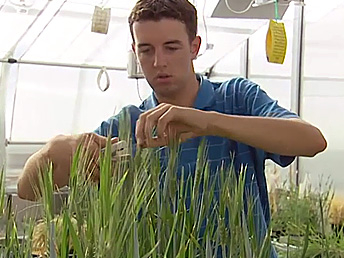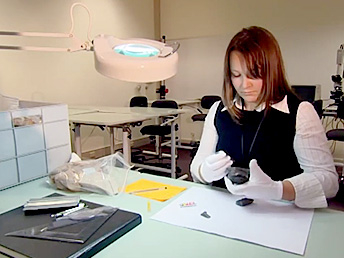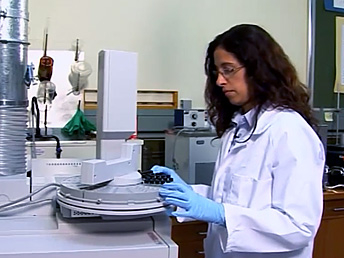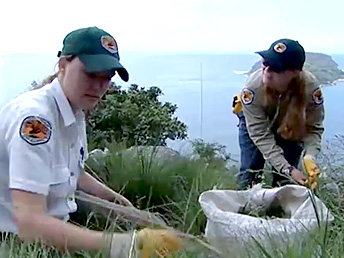
Soil Scientist
As a soil scientist you will monitor soil health and prevent pollution. Almost all of the food consumed by humans comes from soil so it is crucial to keep it healthy.


What the job looks like
Salary expectation
starts at $30,021 up to $100,323+

The good
- Being able to get out into the field
- Not being stuck behind a desk all day
- Making a difference to the environment
- Coming up with solutions to problems
The not so good
- Long hours sometimes
- Hard physical work
- Getting dirty
It might be easy to under-estimate soil but if you think about it, you realise it is the foundation for food and plant production which feeds humans and animals but also helps to control carbon levels. A soil scientist's job is to investigate how to keep soil healthy.
Part of the role includes some travelling out to the site to collect samples and specimens so it is a very practical career. You will use biology, physics and chemistry to carry out your investigations and also to find ways of decontaminating a site.
Mathematics is a big part of science and you will use it as a soil scientist to work out the properties of soil, gather data and map the distribution of soil in a particular area. These details all need to be accurate otherwise your results will be incorrect and invalid. You will also be in charge of projects so will need to keep an eye on budgets and timelines.
Your work could be used to inform government policies and legislation involving land management. English skills will help you write up your research results into a report and communicate with other scientists and staff.
If you are interested in the environment and enjoy solving problems, then a career as a soil scientist could be for you.
I love science and what I do is high variety, which can take you in so many different paths. It's such an awesome job.
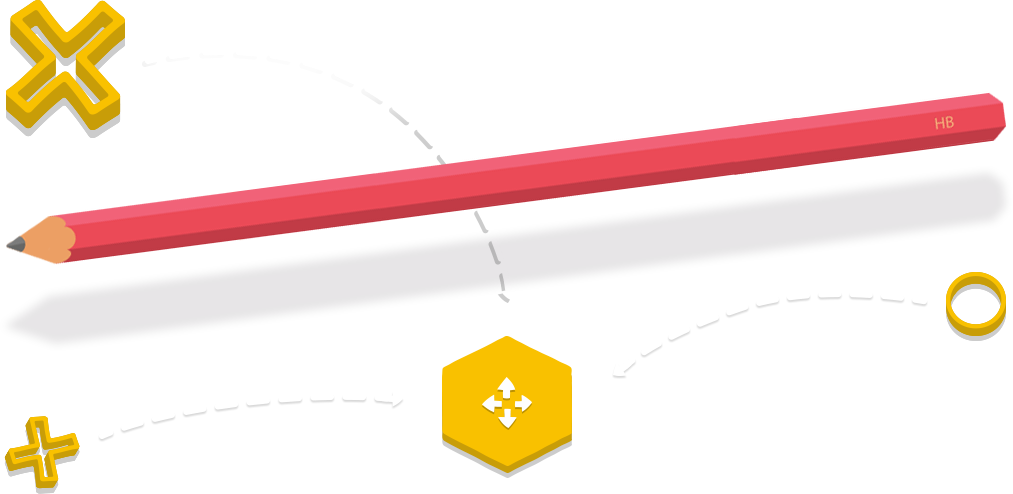
Pathways to this career
Subject suggestions for the HSC
Choosing your HSC subjects from this list could really help with your career. Think carefully about what you want to study after school as you might need to choose specific HSC subjects for that course and to count towards your ATAR (Australian Tertiary Admission Rank). An ATAR is your academic rank in relation to other HSC students and helps with University admission.
HSC subjects
Some subjects will count towards your ATAR, others will not. Check with your career advisor before making subject selections.
- English (Advanced or higher)
- Mathematics (2 unit or higher)
- Biology
- Chemistry
- Physics
- Earth and Environmental Science
What can I do after I have finished school?
University degrees
Studying one of these degrees can help with your career.
- Bachelor of Science
- Bachelor of Environmental Science
- Bachelor of Environmental Engineering
- Bachelor of Agricultural Science
Suggestions
Check out the Office of Environment and Heritage for more information
- Focus on soil topics for any school assignments that you can to learn as much as you can
- See if you there are any local companies in your area that do something similar to soil science and ask if you can do work experience in Year 10 or out of school hours
- Go to career expos and events like university Open Days for information about what you will study
